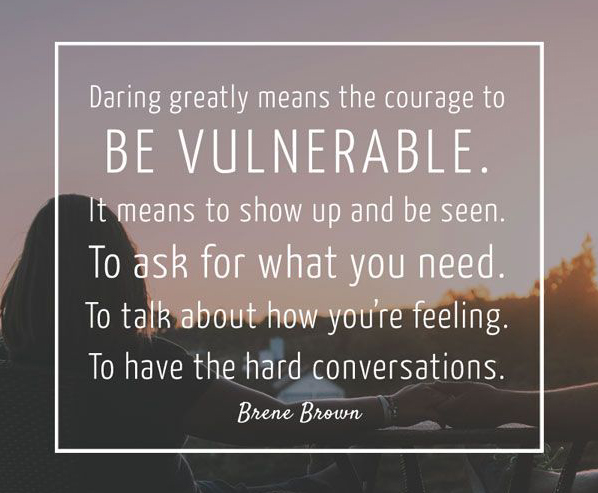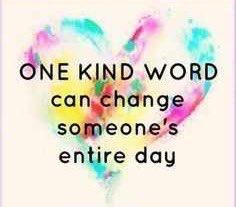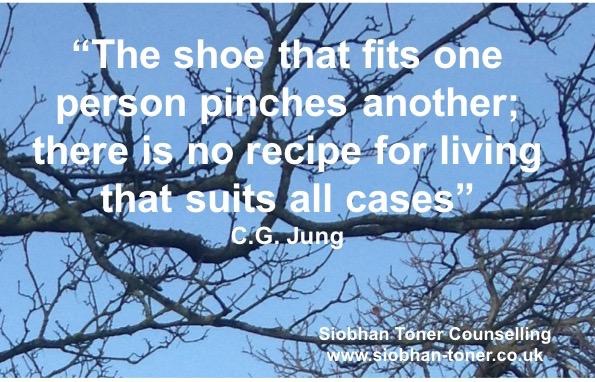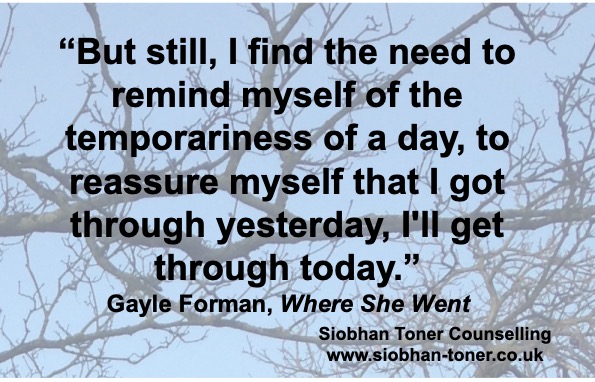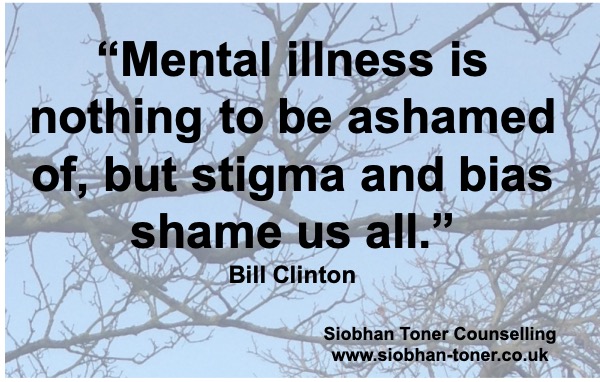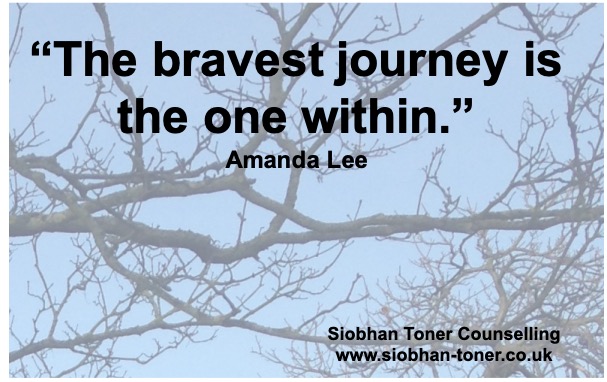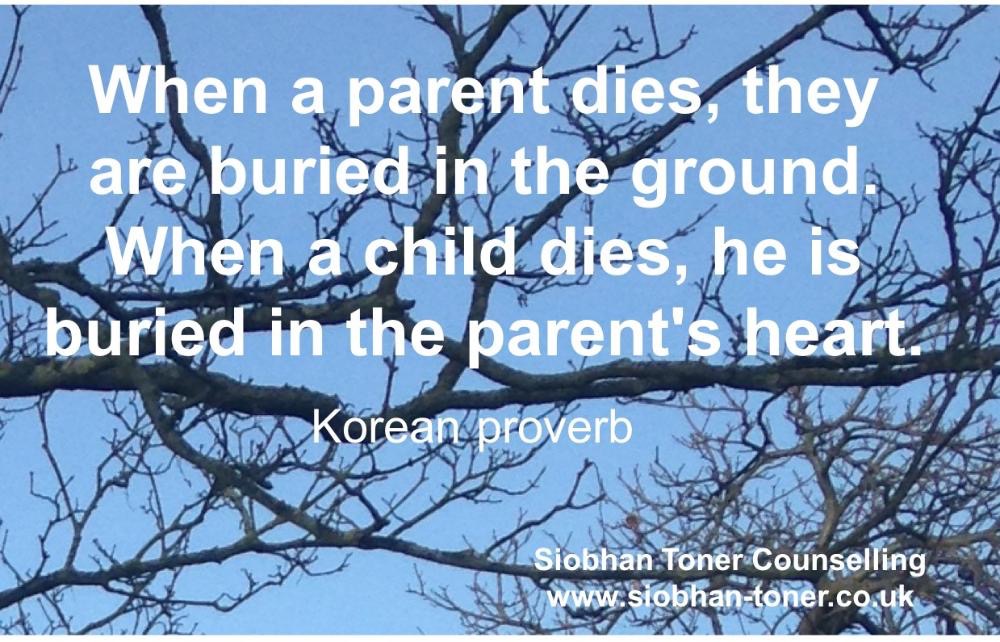“Not too good actually, not good at all”
Walking through the station recently I overheard someone saying this into their phone.
I don’t know the context or what was going on as I moved passed and didn’t hear anything else but I was really struck by the statement.
How often do we really tell the truth when it isn’t very good? This could have been about anything, an interview, work, physical or mental health, relationships or life itself.
- We don’t usually tell people though for many reasons.
- We don’t want to worry them
- We don’t want to admit failure
- We don’t want to be seen as weak
- We don’t want to be a burden
- We don’t think they will care
- We don’t think they can help
- We don’t want to be ashamed
So we don’t admit what is really going on. And when we hold back we create a barrier between us and them. Sometimes this is necessary, but what if this barrier is a hindrance? If we can show our vulnerability to our nearest and dearest, how near are they truly?
Coming to therapy may be the first time the client really admits to the things that are not good. Finding the words can be a struggle and take time if they have spent a lot of their time not sharing it.
It can leave us feeling incredible vulnerable to admit that things aren’t going the way we would like them to be. My experience though is that it’s an enormous step in bringing about change. Not all relationship can adjust to it, but those they do are often deeper and much more fulfilling.
